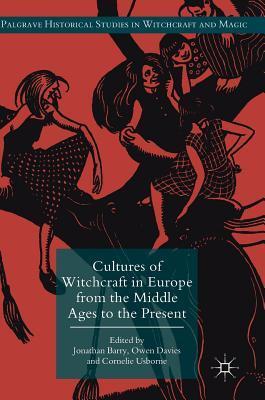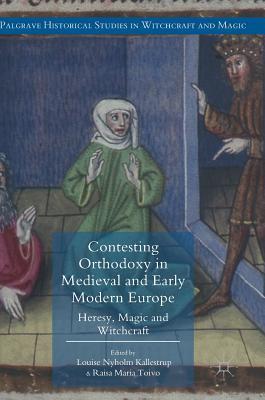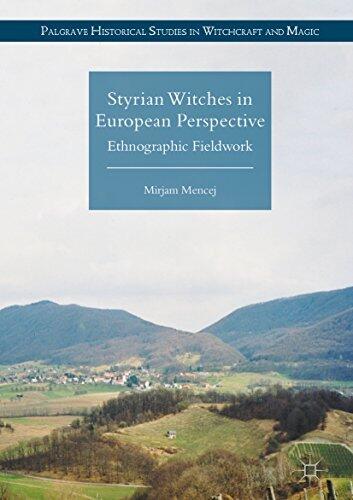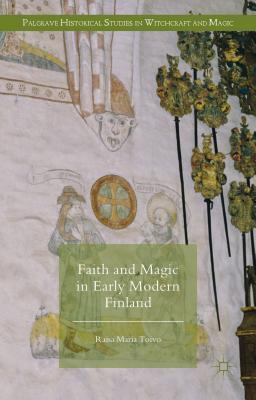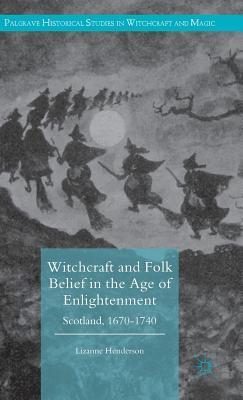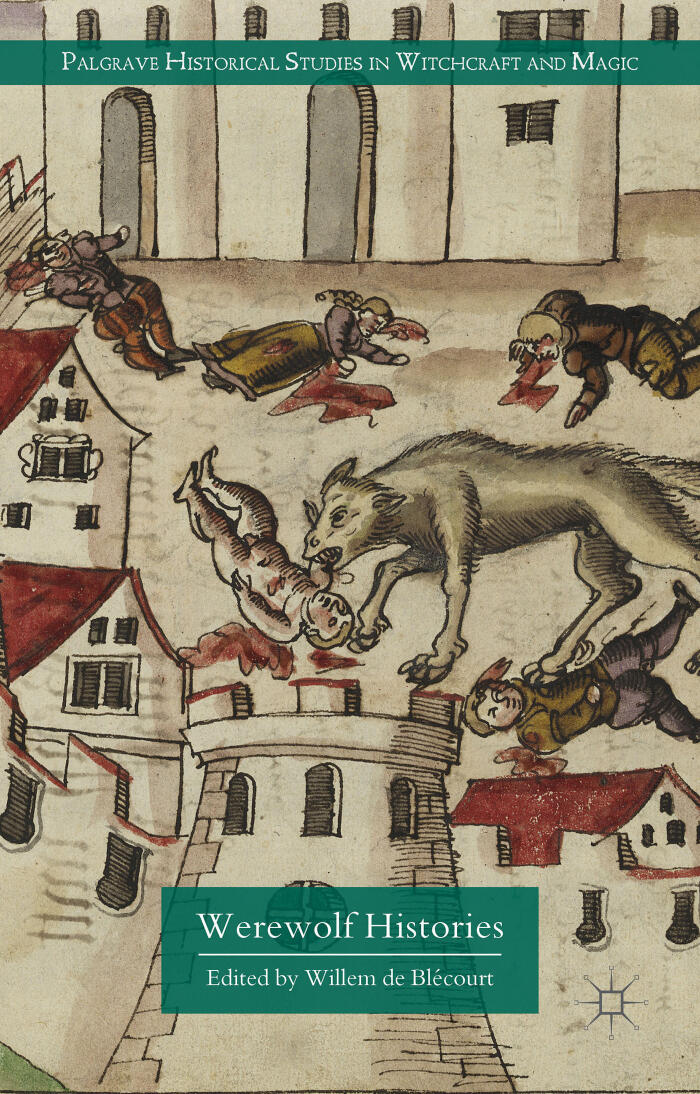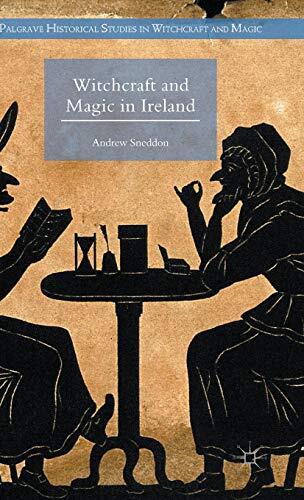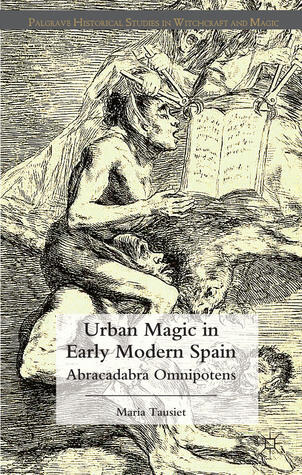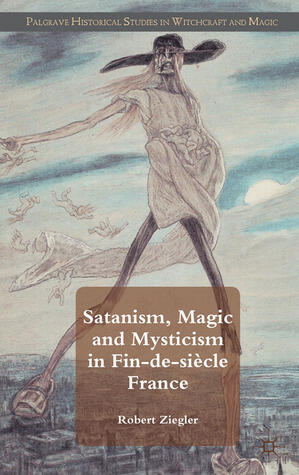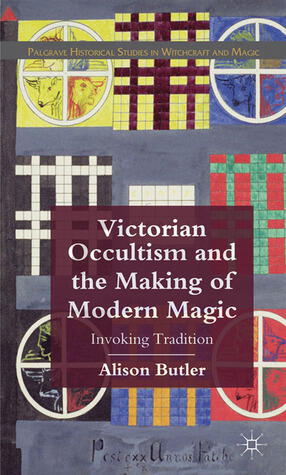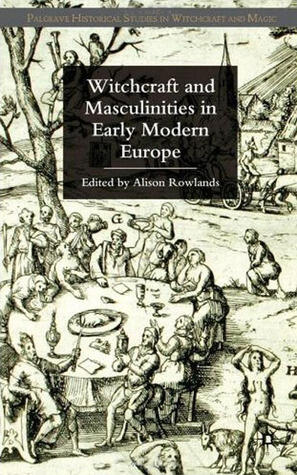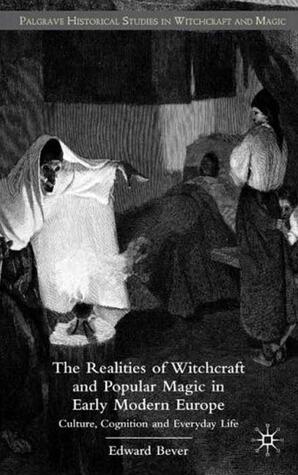
The Realities of Witchcraft and Popular Magic in Early Modern Europe: Culture, Cognition and Everyday Life
от
Edward Bever
Оценок пока нет
Fantasy
Формат
Твердый переплет
Страницы
649
Язык
Английский
Опубликовано
Jun 11, 2008
Издатель
Palgrave Macmillan
ISBN-10
1403997810
ISBN-13
9781403997814
Описание
Edward Bever delves into the intricate tapestry of early modern European society, where witchcraft and popular magic were not merely superstitions but integral aspects of daily life. He examines the interplay between cultural beliefs and cognitive processes, illustrating how these elements shaped the experiences and perceptions of individuals during this tumultuous period.
Through meticulous research, Bever uncovers the nuances of how people understood and engaged with magic, offering insights into the social and psychological frameworks that underpinned their actions. He reveals the ways in which these practices influenced community dynamics and personal interactions, challenging modern perceptions of witchcraft as something purely dramatic or fantastical.
As Bever navigates the historical landscape, he highlights the rituals, beliefs, and societal structures that informed the understanding of witchcraft. The book invites readers to reconsider the complexities of belief and the lived experiences of those who practiced or fell victim to accusations of witchcraft.
Overall, this exploration offers a profound reflection on the role of magic in shaping human behavior and cultural identity, making it an essential read for those intrigued by the intersections of history, psychology, and social anthropology.
Through meticulous research, Bever uncovers the nuances of how people understood and engaged with magic, offering insights into the social and psychological frameworks that underpinned their actions. He reveals the ways in which these practices influenced community dynamics and personal interactions, challenging modern perceptions of witchcraft as something purely dramatic or fantastical.
As Bever navigates the historical landscape, he highlights the rituals, beliefs, and societal structures that informed the understanding of witchcraft. The book invites readers to reconsider the complexities of belief and the lived experiences of those who practiced or fell victim to accusations of witchcraft.
Overall, this exploration offers a profound reflection on the role of magic in shaping human behavior and cultural identity, making it an essential read for those intrigued by the intersections of history, psychology, and social anthropology.
Обзоры
Отзывов пока нет
Станьте первым, кто оставит отзыв о этой книге и поделится своими мыслями
Добавить первый отзывЖурнал чтения
Журналы чтения не найдены
Начните отслеживать ваш прогресс в чтении, чтобы видеть записи здесь
Добавьте ваш первый журнал чтенияЗаметки
Журнал транзакций
Журналы транзакций не найдены
Начните отслеживать ваши книжные транзакции, чтобы видеть записи здесь
Добавьте ваш первый журнал транзакций

